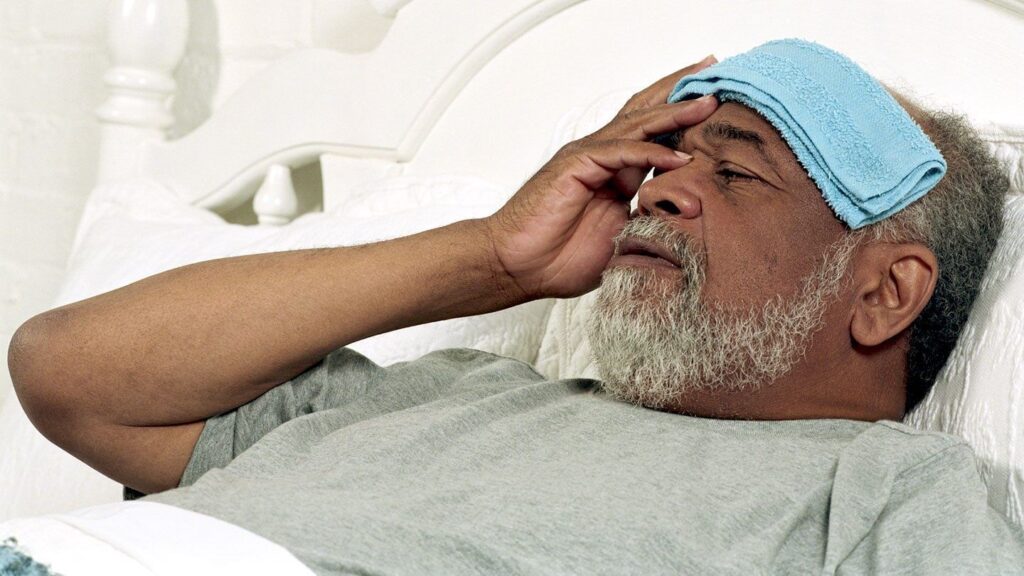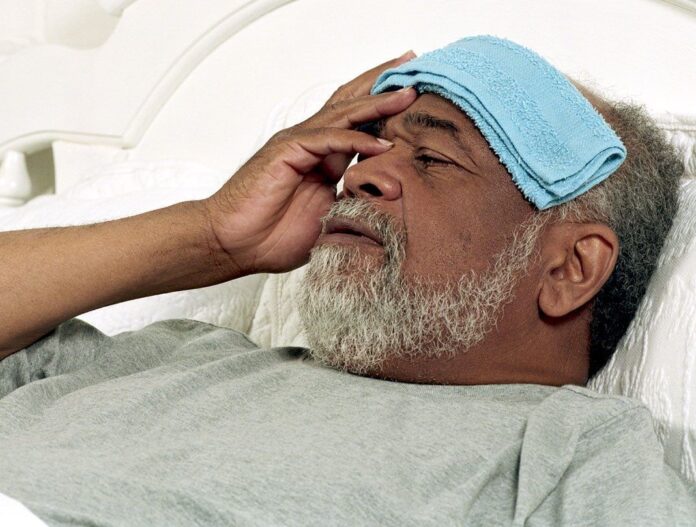Headaches and migraines are common occurrences that can significantly disrupt our daily lives. For some individuals, these debilitating conditions seem to be ever-present, leading to a decrease in productivity, enjoyment, and overall well-being. While occasional headaches are often harmless and can be treated with over-the-counter pain relievers, chronic headaches, and migraines require a deeper understanding of their causes and effective strategies for relief.
In this article, we will delve into the reasons behind persistent headaches and migraines, as well as explore easy ways to alleviate these distressing conditions.
Headaches and migraines are two different types of pain that occur in the head and nearby areas. Headaches are typically less severe, while migraines are more intense and may come with other symptoms such as sensitivity to light, nausea, and vision problems. It’s important to determine the underlying causes in order to manage the pain effectively.
What Causes Headaches and Migraines
- Stress and Anxiety: One of the leading contributors to chronic headaches and migraines is stress. When we are under excessive pressure, the body releases stress hormones that can trigger tension headaches or even migraines in susceptible individuals.
- Poor Sleep Habits: Sleep is essential for our body to recover and rejuvenate. Irregular sleep patterns, insomnia, or inadequate rest can lead to chronic headaches.
- Diet and Hydration: Consuming certain foods and beverages, such as caffeine, alcohol, processed foods, and artificial sweeteners, can be headache triggers. Dehydration is also a common cause of headaches.
- Hormonal Changes: Fluctuations in hormone levels, particularly in women during menstruation, pregnancy, or menopause, can contribute to chronic headaches.
- Environmental Factors: Bright lights, loud noises, strong odors, and other sensory stimuli can lead to headaches and migraines in sensitive individuals.
- Posture and Muscle Tension: Prolonged poor posture, especially in individuals who spend long hours at desks or staring at screens, can cause tension headaches due to muscle strain.

Get it now!!!; Recipes for Weight Loss – 30 Delicious Detox, Cleanse, and Green Smoothie Diet Book
Effective Strategies for Headache and Migraine Relief
- Identify Triggers: Understanding your headache and migraine triggers is the first step toward effective relief. Keep a headache diary where you record your daily activities, diet, sleep patterns, and emotional state. Over time, patterns may emerge, helping you identify potential triggers such as certain foods, environmental factors, or stressors. Once you identify triggers, you can take proactive steps to avoid or manage them better.
- Stress Management: Chronic stress is a major headache and migraine trigger. Engaging in stress-reduction techniques can significantly alleviate symptoms. Consider incorporating mindfulness meditation, deep breathing exercises, progressive muscle relaxation, or yoga into your daily routine. These practices can help calm the mind, reduce muscle tension, and lower stress levels, promoting overall well-being and preventing headaches.
- Sleep Hygiene: Prioritize good sleep habits to reduce the frequency and intensity of headaches and migraines. Stick to a consistent sleep schedule, even on weekends, and create a relaxing bedtime routine. Ensure your sleep environment is comfortable, cool, and free from distractions to encourage restful sleep. Additionally, limit screen time before bed, as the blue light emitted by electronic devices can disrupt your sleep patterns.
- Balanced Diet: Adopting a well-balanced diet is crucial for headache and migraine management. Avoid known dietary triggers, such as processed foods, artificial additives, and excessive caffeine or alcohol. Focus on consuming whole foods rich in vitamins, minerals, and antioxidants. Incorporate magnesium-rich foods like leafy greens, nuts, and whole grains, as magnesium has been shown to help reduce the frequency and severity of migraines in some individuals.
- Regular Exercise: Physical activity is an excellent way to reduce stress, improve mood, and promote overall health. Engage in regular exercise, such as walking, jogging, cycling, or swimming, for at least 30 minutes most days of the week. Regular exercise boosts endorphin levels, the body’s natural painkillers, which can help reduce headache frequency and intensity.
- Over-the-Counter Pain Relievers: For occasional headaches, over-the-counter pain relievers like ibuprofen or acetaminophen can provide temporary relief. However, use these medications cautiously and only as directed by a healthcare professional. Overuse of pain relievers can lead to rebound headaches, making the condition worse.
- Cold or Warm Compress: Applying a cold or warm compress to the forehead or the back of the neck can provide immediate relief for headaches. Cold compresses help constrict blood vessels and reduce inflammation, while warm compresses help relax tense muscles.

- Caffeine Management: Caffeine can both trigger and relieve headaches, depending on individual sensitivity and consumption patterns. If you suspect caffeine as a trigger, gradually reduce your intake to avoid withdrawal headaches. If caffeine has helped alleviate headaches in the past, use it sparingly and avoid excessive consumption.
- Mindfulness Techniques: Incorporate mindfulness practices into your daily routine to reduce headache intensity and improve overall well-being. Guided imagery and progressive muscle relaxation can help you relax and ease tension, making them valuable tools for headache and migraine management.
- Adequate Hydration: Dehydration is a common headache trigger, so ensure you drink enough water throughout the day. Carry a reusable water bottle and sip water regularly, especially during hot weather or physical activity.
it’s important to remember that every individual is unique, and what works for one person may not work for another. If headaches or migraines persist or become increasingly severe, consult a healthcare professional for personalized guidance and treatment.
Get it now!!!; Recipes for Weight Loss – 30 Delicious Detox, Cleanse, and Green Smoothie Diet Book
Since you’re here, check out our previous posts
- Top 5 Nigerian Seasonal Fruits & Their Health Benefits
- Can’t Afford The Gym? 10 Other Ways To keep Fit In The comfort of Your own Home
- 5 Benefits of Resting & Getting the Right Amount of Sleep















